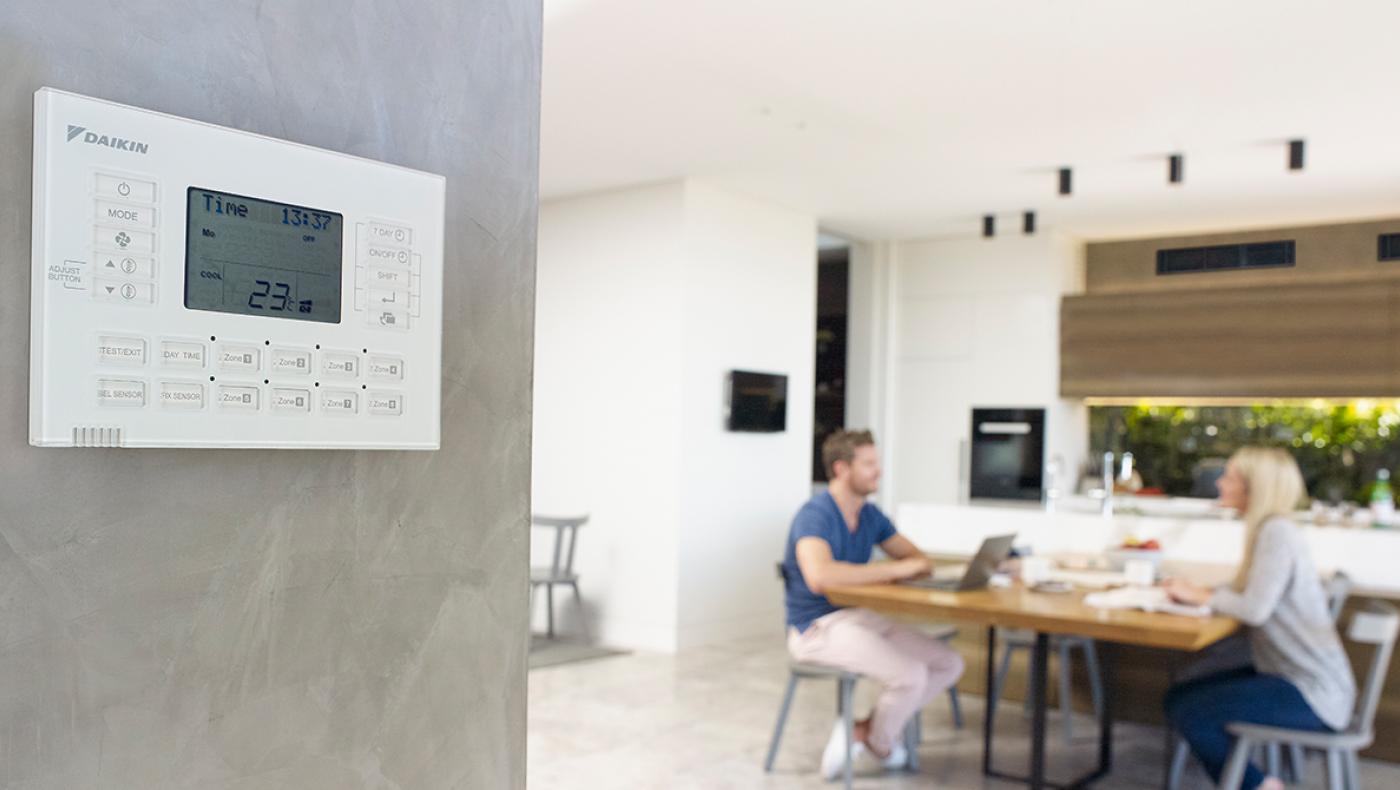
When the days start getting longer and the sun seems to have more bite than usual, it’s a sure sign that summer is on its way.
That means it will soon be time to turn to one of your best investments during the hot Aussie summer – your home air conditioning system, hopefully you’ve also been using it during the winter months if it has a heating option.
However, if your air conditioner has been sitting idle throughout the colder months, then it may have been collecting leaves, dust and debris, and its running parts may need a pre-season tune-up. Just like we need to get ready for the beach, our air conditioner needs to get ready for summer too!
You don’t want to be stuck in the heat with a unit that’s not well-maintained. And if you cross your fingers, hope for the best and neglect your investment, you could face repair bills, higher energy bills, insufficient cooling or possibly have to replace the unit.
So before you turn on your unit, you need to make sure it’s summer-ready with a bit of tender loving care! Regular maintenance is a great habit to get into, resulting in a well-functioning system, a healthier home environment and lower energy bills.
The big question with air conditioning maintenance is to DIY or not to DIY? When it comes to service you should always use a licensed specialist to work on your system, unless it’s cleaning filters which is something you can do yourself.
While some simple cleaning and maintenance procedures CAN be performed yourself, other tasks will always require the help of a professional. Never attempt maintenance work, you may do more harm than good.
Calling in a professional is a smart move
It’s a good idea to have a licensed technician look over your unit at the start of every summer. When a professional takes care of your air conditioner, you’re retaining your investment and getting the most out of it. Besides having the right tools and know-how, a contractor can fix or upgrade your system, keep it running efficiently and address issues before they become larger problems. As part of their tune-up, they will:
- thoroughly clean the condenser and evaporator coils
- ensure the system has the correct refrigerant charge (repairs to an air conditioner’s sealed refrigeration system are NEVER a DIY job)
- check and tighten electrical connections
- flush the drains
- check, clean and repair the ductwork
- inspect your unit and recommend any repairs to help extend the life of your air conditioner and ensure maximum energy efficiency.
What can you do to get the unit ready for Summer?
There’s a lot you can do yourself if you’re keen. Firstly, get to know your system! Familiarity with the most important parts is essential for regular maintenance, or to communicate issues with the experts.
Let’s start with the basics. A central air conditioning system has two main units. A condenser, usually located outdoors, and evaporator, mounted on the air handler or furnace. Together these extract heat from room air through refrigeration technology. The air handler blows the chilled and dehumidified air through ductwork to your home’s rooms.
Filters – these reduce the amount of dust released into the air. Filters are rectangular in shape and can be easily removed from the indoor unit.
Ducting – round tubes responsible for the distribution of cool or heated air to the rooms, usually located in the ceiling.
Thermostat – a small box mounted near the indoor unit that lets you change or set the indoor temperature.
Registers – these grilles are the inserts in the ceiling or floor that deliver air into your home, or can return re-heated air into a room.
Safety First
Before beginning any maintenance on or near your air conditioning system, always turn the power supply off. The system will usually have a 240-volt weatherproof isolation switch located near the outdoor unit. Turn this OFF as well. The outdoor unit contains a capacitor that stores an electrical charge and can be dangerous. Allow around half an hour for the charge to dissipate before beginning maintenance. As an added precaution, always avoid touching electrical components.
Clean or replace the filters
So let’s get to work. Cleaning this part of your unit on a regular basis should be your top priority. Some units have disposable filters, and some have re-usable filters that can be cleaned with water. Wash re-useable filters or replace disposable filters with new ones. Check your manufacturer’s manual to see how many filters your air conditioner has and where they’re located. It’s also important to clean or change your filters at least once a month throughout summer as well.
Clean the condenser of Winter’s debris
Your air conditioner’s condenser (outdoor unit) is like a large fan in a metal box and should be free of anything blocking the equipment. However, both the condenser and external vents are likely to have attracted some wayward leaves, plants, dirt and yard debris. These can damage your unit, causing it to run less.
Now its time to give us a call and book in a maintenance.
Let the professionals come and get your unit Summer-ready.






